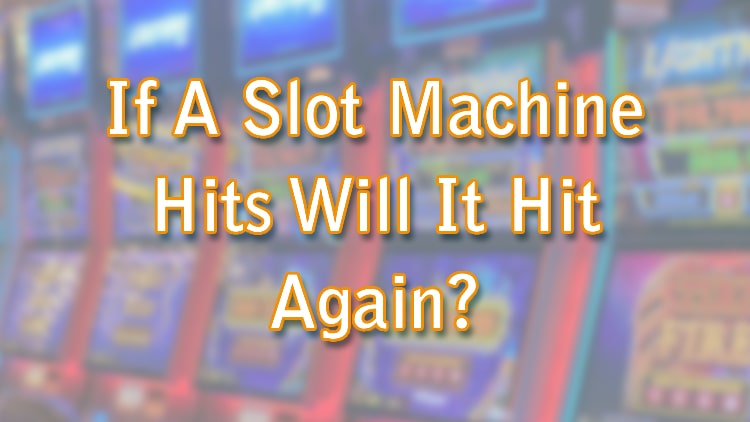
Slot machines, otherwise known as fruit machines, are the beating heart of the gaming world. Their colourful visuals, captivating sound effects, and the thrill of winning make them a favourite among casino-goers. As a player, you might have asked yourself, "If a slot machine hits, will it hit again soon?" or "Can I predict when the next hit is due?" Let's delve deep into the fascinating world of slot machines and answer these burning questions.
What Triggers Slots To Hit?
At the heart of every slot game in casinos across the world and online is a marvel known as the Random Number Generator (RNG). This sophisticated software uses a complex algorithm to ensure that every spin of the reels is governed by pure chance.
Whether it's your first spin or your hundredth, the RNG continuously produces completely random and unpredictable number sequences that determine the outcome on the reels the moment you press 'spin'.
The RNG also doesn't take previous results or external factors into account when performing its role; this means that each outcome, winning or otherwise, is entirely independent of previous ones.
There's no pattern or cycle to predict; a slot machine can hit a jackpot back-to-back or may not pay out big for a long while. This unpredictability is part of what makes slots so popular, not just here at Daisy Slots but around the world.
How Often Do Slot Machines Pay Out?
When exploring the exciting world of slot machines, you'll encounter terms like RTP (Return to Player) and volatility. RTP is a theoretical percentage indicating how much of the total money wagered on a slot it averages out as paying back to players over time. For example, a slot with an RTP of 96% theoretically averages out as returning £96 for every £100 wagered in the long run.
Volatility, on the other hand, gives an idea of the frequency and size of wins in a slot game. High volatility slots are likely to award larger payouts than lower volatility slots, but wins are likely to land less frequently. While low volatility slots are likely to land wins more often but of smaller payouts.
It's important to understand that RTP and volatility are theoretical indicators. They offer a glimpse into a slot's payout behaviour but don't guarantee specific results or payouts because they are calculated from incredibly large samples of spins over a long time.
Also, every spin of a slot is an independent event, meaning the chances of winning are the same on every spin of a given slot game.
Do Slot Payouts Slow Down After Hitting The Jackpot?
A common myth among slot players is that after a machine hits the jackpot, it will "cool off" or slow down payouts. However, this couldn't be further from the truth.
Thanks to the RNG technology used in slots, every spin is an independent event. This means that the RNG does not remember or take into account previous results when generating outcomes.
Whether a slot has just paid out a massive jackpot or hasn't hit in weeks, each spin has the exact same chance of winning as the one before and the one after. It's entirely possible for a slot machine to land two jackpots back to back or to go a significant period without triggering a jackpot.
The beauty of RNG technology is that it keeps the game outcomes completely random and unbiased, ensuring fair play for all players.
Should You Play a Slot Machine That Just Hit?
Deciding to play a slot machine that has recently hit the jackpot might seem less appealing under the assumption that it won't pay out again soon. However, this perception does not align with how slot machines work.
Thanks to the RNG used in slots, every spin is an isolated event. This means that a slot machine's odds of winning remain constant, regardless of whether it just awarded a jackpot or hasn't hit in a long time.
In essence, choosing to play a slot that has just hit is no different from playing one that hasn't landed a win in a while. The odds of winning on any given spin are the same, offering an equal chance to win no matter the machine's recent payout history. This equal footing ensures every player has a fair shot at hitting the jackpot, making each spin an exciting opportunity.
Conclusion
Whether a slot machine hits just once in a session, multiple times, or not at all, each spin is random and independent. The RNG ensures fair play and unpredictability, making it impossible to predict if or when a slot machine is about to hit.
Whether you choose to stay on the same slot machine or move around ultimately depends on personal preference, as neither strategy influences your odds of winning. The most crucial factor is to see slots as forms of entertainment, which is what they were designed for, rather than a way to make money. It's also important to gamble responsibly.
